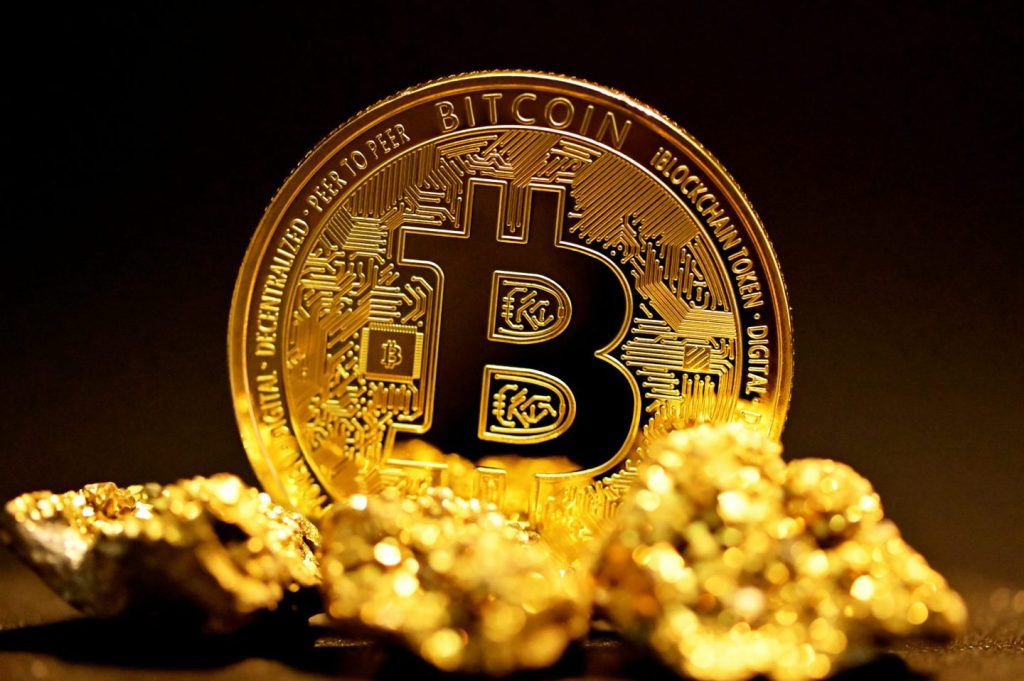Gold vs. Cryptocurrency: Evaluating Investment Strategies in a Changing Financial Landscape

Title:
Gold vs. Cryptocurrency: Evaluating Investment Strategies in a Changing Financial Landscape
Summary
Investors are increasingly weighing the merits of traditional assets like gold against digital alternatives such as cryptocurrencies. Gold has long been considered a safe-haven asset, providing stability, inflation protection, and a hedge against geopolitical uncertainty. Cryptocurrencies, by contrast, offer high growth potential, liquidity, and exposure to emerging financial technologies, but carry significant volatility and regulatory uncertainty. Choosing between gold and cryptocurrencies requires a careful assessment of risk tolerance, investment horizon, and portfolio objectives. Analysts suggest that a balanced approach, potentially combining both assets, may optimize returns while mitigating market exposure in a rapidly evolving economic environment.
Gold: The Traditional Safe-Haven
Gold has maintained its appeal for centuries due to its intrinsic value, scarcity, and historical reliability as a store of wealth. Investors often turn to gold during periods of economic uncertainty or inflation, as it tends to preserve purchasing power when fiat currencies depreciate.
Gold’s stability stems from its tangible nature and established market infrastructure. It is widely recognized and accepted globally, making it a predictable investment for conservative investors seeking lower volatility. However, gold typically offers modest returns compared to high-risk assets like equities or cryptocurrencies.
Cryptocurrency: High-Risk, High-Reward Potential
Cryptocurrencies, including Bitcoin, Ethereum, and altcoins, provide exposure to a rapidly evolving digital economy. Unlike gold, cryptocurrencies are decentralized, programmable, and accessible globally, offering potential for significant capital appreciation.
Investors are drawn to cryptocurrencies for portfolio diversification, hedge against inflation, and participation in innovative financial ecosystems such as decentralized finance (DeFi) and non-fungible tokens (NFTs). However, cryptocurrencies are highly volatile, susceptible to regulatory changes, and vulnerable to cybersecurity risks, making them better suited for investors with higher risk tolerance and long-term horizons.
Comparative Analysis: Stability vs. Growth
Gold and cryptocurrencies serve distinct roles within an investment portfolio. Gold excels in preserving wealth and mitigating downside risk, while cryptocurrencies offer high growth potential with greater exposure to market swings.
Financial advisors often recommend a diversified strategy, balancing traditional assets like gold with digital assets to optimize risk-adjusted returns. Allocations depend on factors such as market conditions, investor goals, and individual risk appetite.
Regulatory and Market Considerations
Gold markets are mature and well-regulated, offering transparency, low counterparty risk, and established trading mechanisms. Cryptocurrencies, while increasingly integrated into institutional markets, remain subject to evolving regulatory frameworks worldwide. Investors must monitor policy developments, taxation rules, and compliance requirements, as these can significantly impact cryptocurrency valuations.
Conclusion
The choice between gold and cryptocurrencies hinges on an investor’s objectives, risk tolerance, and market outlook. Gold provides stability, safety, and protection against uncertainty, making it ideal for conservative investors. Cryptocurrencies offer innovation, liquidity, and high-return potential, appealing to risk-tolerant participants seeking exposure to the digital financial revolution. A strategically diversified portfolio that includes both assets can harness the benefits of stability and growth, positioning investors to navigate an increasingly complex financial landscape with resilience and opportunity.




